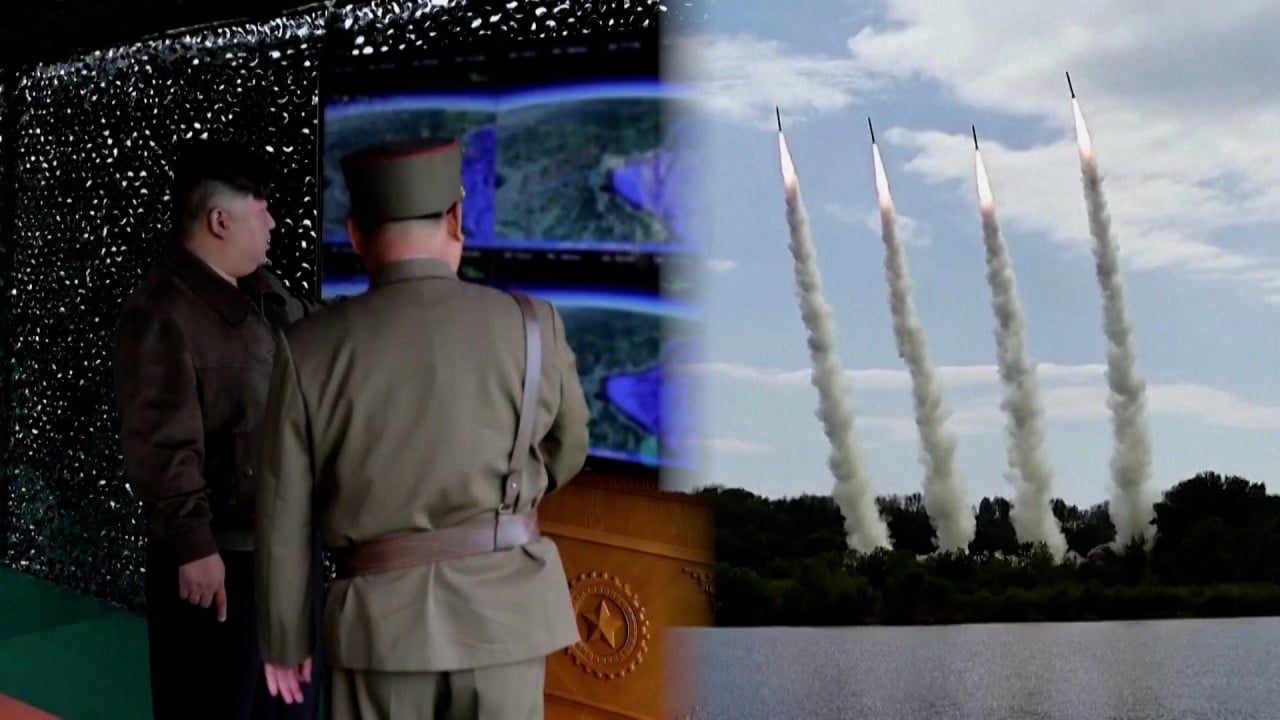“If that day comes, it will result in a determination that more nuclear weapons are required to deter our adversaries and protect the American people and our allies and partners.”
The US currently observes a limit of 1,550 deployed strategic nuclear warheads set in the 2010 New START treaty with Russia even though Moscow “suspended” its participation last year over US support for Ukraine, a move Washington called “legally invalid”.
Vaddi spoke a year after National Security Adviser Jake Sullivan told the same group there was no need to increase US strategic nuclear arms deployments to counter the arsenals of Russia and China, to which he offered talks “without preconditions”.
The administration remains committed to international arms control and non-proliferation regimes designed to curb the spread of nuclear weapons, Vaddi said.
But, he said, Russia, China and North Korea “are all expanding and diversifying their nuclear arsenals at a breakneck pace, showing little or no interest in arms control.”
The three and Iran “are increasingly cooperating and coordinating with each other in ways that run counter to peace and stability, threaten the United States, our allies and our partners and exacerbate region tensions,” he said.
Russia, China, Iran and North Korea are sharing advanced missile and drone technology, said Vaddi, citing Moscow’s use in Ukraine of Iranian drones and North Korean artillery and missiles, and Chinese support for Russia’s defence industries.
Russian President Vladimir Putin said on Wednesday he could deploy conventional missiles within striking distance of the US and its European allies if they allowed Ukraine to strike deeper into Russia with long-range Western weapons. But he said on Friday that Russia had no need to use nuclear weapons to secure victory in Ukraine, where Moscow is waging war.
US nuclear doctrine, Vaddi said, reserves nuclear weapons to deterring attacks by adversaries “on us and our allies and partners”, while remaining committed with Britain and France to “transparency” on nuclear policies and forces.
But if US adversaries boost reliance on nuclear weapons “we will have no choice but to adjust our posture and capabilities to preserve deterrence and stability”, he said.
The administration is taking “prudent steps” toward that end, including modernising the US arsenal, he said.
At the same time, the administration is committed to halting the spread of nuclear weapons, including bolstering the Non-Proliferation Treaty, the cornerstone of the global arms control regime, he said.
Vaddi noted that US President Joe Biden has pledged continued compliance the deployment limits set in the New START treaty as long as they are observed by Russia.
However, he said, Moscow has repeatedly rejected talks on a successor pact to New START, the last strategic arms limitation pact between the world’s largest nuclear powers, which expires in 2026.
China, meanwhile, has declined to discuss with the United States its expanding nuclear arsenal, he said.


